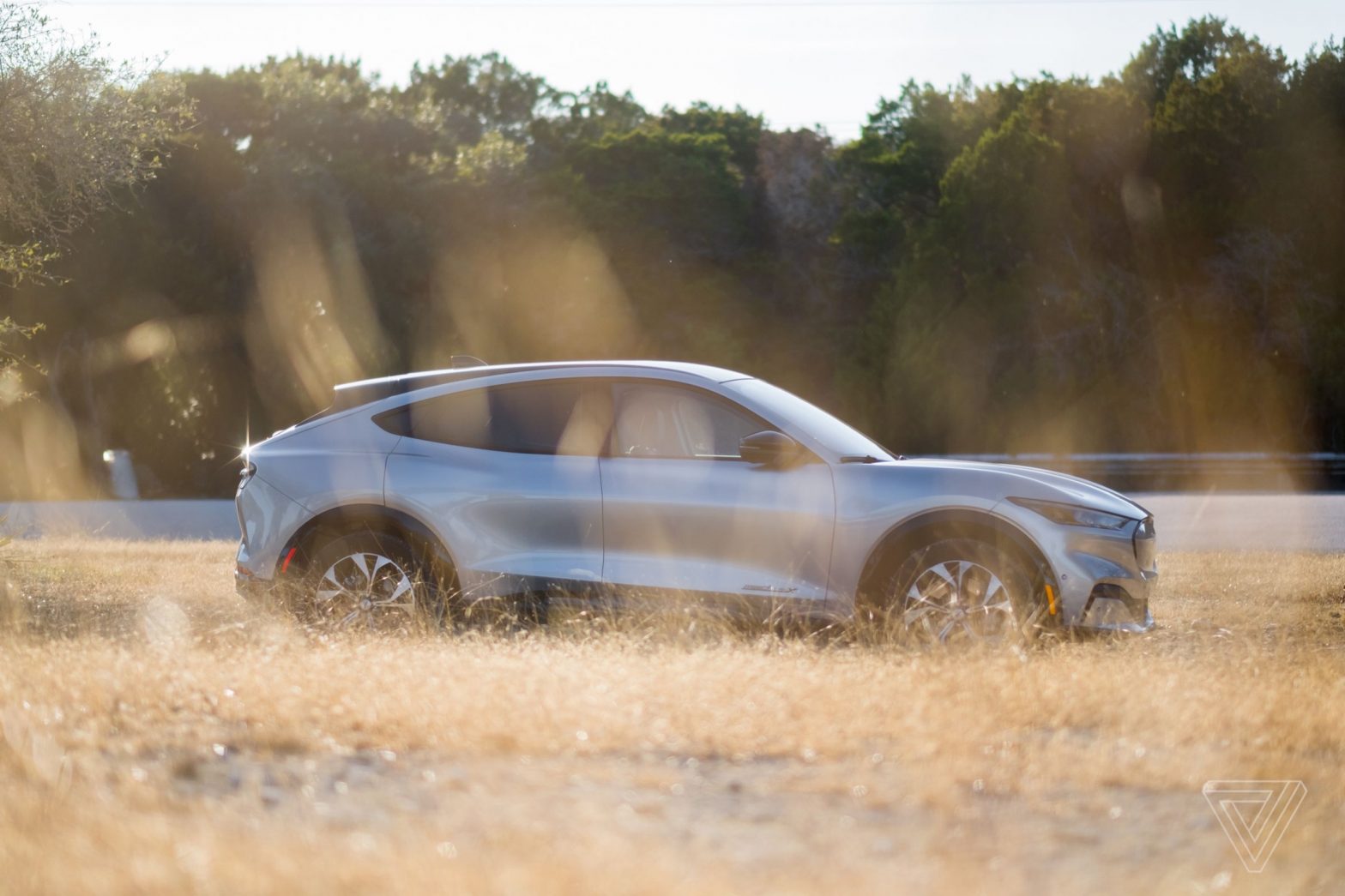/
EVs with battery materials manufactured in China won’t be eligible for the $7,500 clean car tax credit starting in 2024. And that includes the Ford Mustang Mach-E.
Share this story
:format(webp)/cdn.vox-cdn.com/uploads/chorus_asset/file/22280381/sokane_210125_4386_1789_2.jpg)
Electric vehicles with batteries that contain minerals and materials sourced from China won’t be eligible for the $7,500 federal EV tax credit starting on January 1, 2024, according to guidelines recently released by the Internal Revenue Service.
That means a lot of EVs are about to lose their eligibility — chief among them, the Ford Mustang Mach-E. Ford sent out a notice to dealers recently stating that it is “unlikely that any Mustang Mach-Es will qualify for the Federal Tax Credit beginning on 1/1/24,” according to a report in Cars Direct. (A Ford spokesperson did not immediately respond to a request for comment.)
Tesla is also warning customers that certain versions of the Model 3 — the Rear-Wheel Drive and Long Range trims — will only be eligible for half of the $7,500 tax credit starting next year. The Nissan Leaf and Volkswagen ID.4 could be impacted as well.
This could prove awkward for car shoppers, some of whom may have been waiting until next year to buy an EV after hearing that dealers could start giving them instant access to the tax credit starting on January 1st.
Last week, the IRS provided an update regarding a provision in the Inflation Reduction Act that initially authorized the $7,500 tax credit for new and used electric vehicles. EVs with battery materials and components sourced from “foreign entities of concern” would be ineligible for the tax credit starting January 1st. And in 2025, that requirement will kick in for minerals used in batteries, like lithium, cobalt, graphite, and nickel.
China, North Korea, and Russia are examples of countries that the US considers foreign entities of concern. And that’s a problem for a lot of EVs because large swaths of the supply chain run through China.
China alone accounts for some 70 percent of the global supply of battery cells. Lawmakers have said that the IRA is meant to level the playing field by weaning American battery dependency off China and creating US jobs in the EV sector. Many car companies and their supply partners are now working to beef up US battery plants as a result.
Several companies have said they will build new factories in North America, including new mining operations. But those factories and mines will take years to come online. And in the meantime, the pool of EVs eligible for the tax credit is likely to shrink.
Automakers are spending billions of dollars to re-route the EV supply chain around China, and EV supporters say the new requirements validate those investments. Albert Gore, the executive director of the Zero Emissions Transportation Association, said in a statement that the new IRS guidelines will ensure that “the most valuable parts of the supply chain are manufactured in the United States, creating good-paying American jobs and fortifying national security along the way.”
